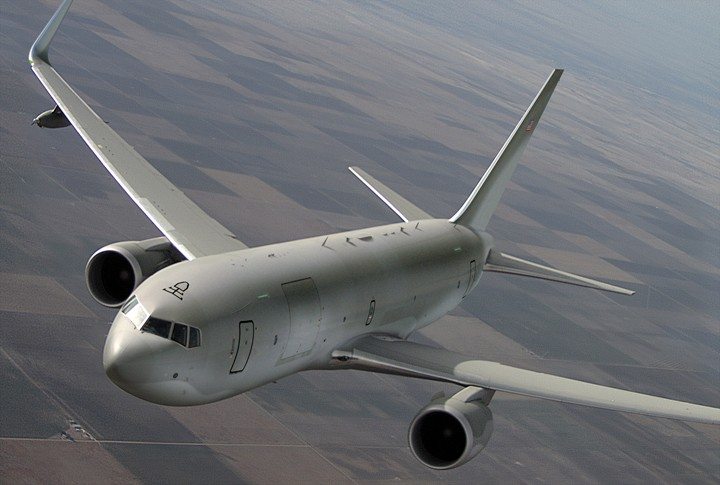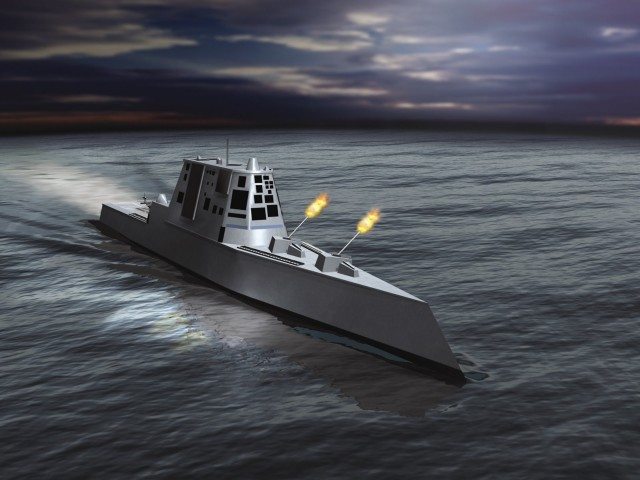The KC-46 program has made good progress over the past year—acquisition costs have remained relatively stable, the critical design review was successfully completed, the program is on track to meet performance parameters, and the contractor started building development aircraft. As shown, total program acquisition costs—which include development, production, and military construction costs—and unit costs have changed less than 1 percent since February 2011.
As of December 2013, Boeing had about $75 million of its management reserves remaining to address identified, but unresolved development risks. There are indications that the start of initial operational test and evaluation, which is scheduled for May 2016, may slip 6 to 12 months. According to the Director of Operational Test and Evaluation, more time may be needed to train aircrew and maintenance personnel and verify maintenance procedures.
The program released over 90 percent of the KC-46 design drawings at the critical design review, indicating that the design is stable. Overall, development of about 15.8 million lines of software code is progressing mostly according to plan. The next 12 months will be challenging as the program must complete software development, verify that the software works as intended, finalize developmental flight test planning, and begin developmental flight tests.
Software problem reports are increasing and Boeing could have difficulty completing all testing if more retests are needed than expected. Developmental flight testing activities are also a concern due to the need for extensive coordination among government agencies, the need for timely access to receiver aircraft (aircraft the KC-46 will refuel while in flight), and the aggressive test pace. The program office is conducting test exercises to mitigate risks and working with Navy and United Kingdom officials to finalize agreements to have access to necessary receiver aircraft.
The program has also made progress in ensuring that the KC-46 is ready for low rate initial production in 2015. Boeing has started manufacturing all four development aircraft on schedule. The program office has identified its critical manufacturing processes and verified that the processes are capable of producing key military subsystems in a production representative environment.
In addition, the program has established a reliability growth curve and will begin tracking its progress towards reaching reliability goals once testing begins. Boeing is experiencing some manufacturing delays due to late supplier deliveries on the first aircraft and parts delays for a test article of a critical aerial refueling subsystem, but the program has not missed any major milestones.
KC-46 Tanker Aircraft: Program Generally on Track, but Upcoming Schedule Remains Challenging (482 downloads)











